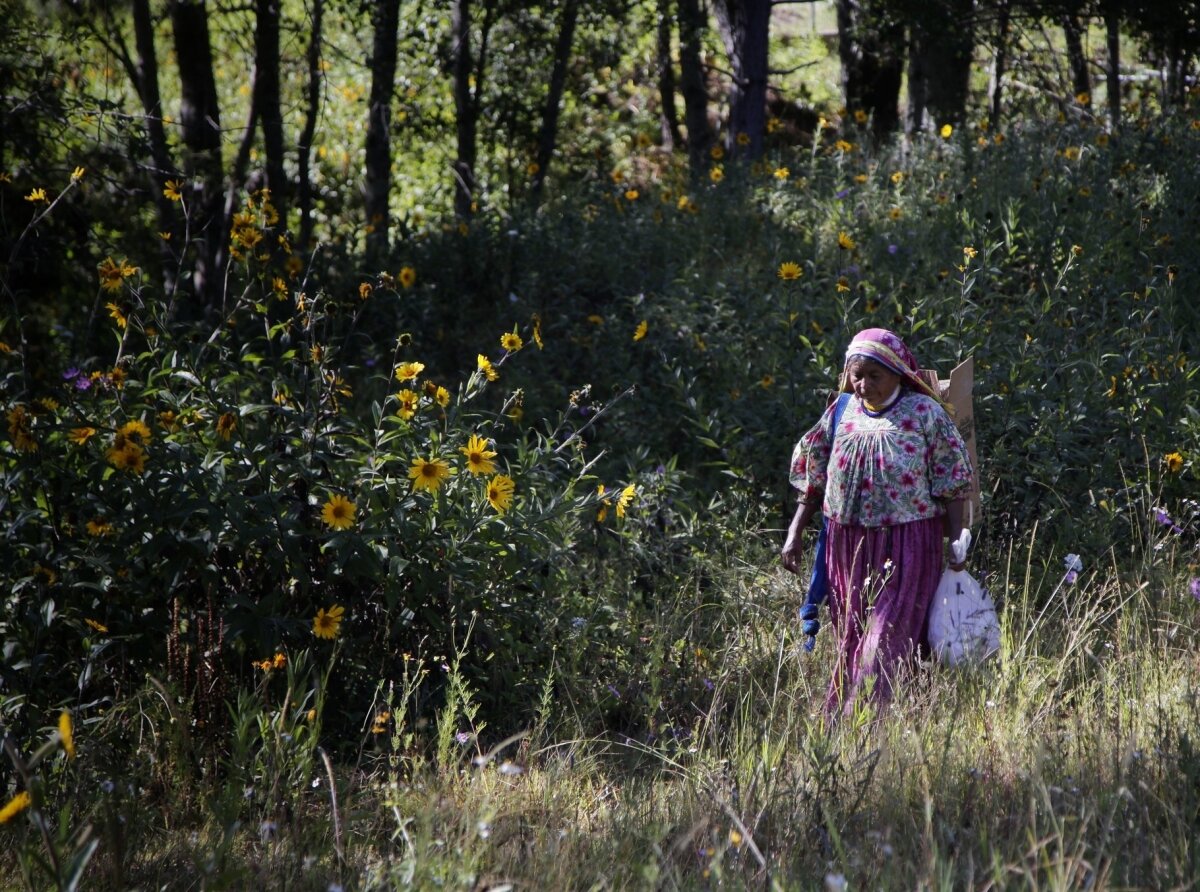The International Day of Indigenous People established in 1994 seeks to recognize the linguistic and cultural heritage that they preserve, as well as the customs and ancestral traditions that they practice.
Some of these practices can be of great importance for the recovery of the biodiversity of ecosystems.
In 1982, the first working group of the United Nations on Indigenous Populations of the Subcommission for the Promotion and Protection of Human Rights was held, and almost 12 years later, August 9 of each year was proclaimed as the Day of Indigenous Peoples, in recognition of this meeting and with the purpose of making known the needs of this group of the population.
In order to strengthen local capacities for forest productivity and sustainable rural productive projects, the Ministry of the Environment and Territorial Development (SEMADET) collaborates with the Inter-municipal Environmental Board of the North Region, and agencies such as the National Forestry Commission (CONAFOR) and the Jalisco Secretariat of Agriculture and Rural Development (SADER,) to promote actions with adherence and respect to the forms of local organization in the indigenous Wixárikas communities of Jalisco.
In the Northern Region, a forum for Wixárikas women was held in September 2020, in which they were provided training on climate change, empowerment, and productive inclusion. In addition, a business model and business approach course was held with women from the Tepehuana community of Tepizoac.
In the South Coast, through the Intermunicipal Board of the Environment of the South Coast (JICOSUR,) field schools were implemented, which are a model of family and community participation that promotes production and sustainable development through productive reconversion. Through this experience, better productive and economic conditions are achieved that lead to entrepreneurship.
In the municipality of Tomatlán, the indigenous community participated in the conservation, management, and use of the Ramsar Estero Majahuas site. In addition, in the matter of forest fires, it collaborates in the development of a study to quantify fuel beds in order to create areas of attention based on their loads of forest fuels.
In the municipality of Cuautitlán de García Barragán, work was done with the indigenous community of Ayotitlán, both in fire prevention actions and in fighting forest fires, attending 15 incidents in 2021.
In the community of San Miguel, work is carried out in a field school made up of 15 women with whom support has been carried out for the transformation of the natural resources that they have at their disposal as food supplies, as well as for the reinforcement of its organization and for the development of silvopastoral systems, an alternative model of regenerative livestock.
Another of the region's field schools is located in the indigenous community of Jocotlan, in the Tomatlán municipality, made up of 12 men and 8 women. There training has been developed on silvopastoral systems, forage conservation for the dry season, use of veterinary kits for the care and remedy of internal and external parasites, vaccination and deworming schedule, use of plants for the treatment of common ailments in livestock, characterization and participatory management of beneficial and toxic plants in grazing areas, importance of biodiversity in livestock landscapes, water management in livestock plots, organic fertilizers, milk processing, and the sale of meat.
The indigenous population of this area is immersed in the forests, so they take advantage of natural resources for their subsistence. Based on respect for these people, JICOSUR seeks to accompany them in the implementation and management of good practices in productive activities, as is the general approach of state agencies seeking sustainable forest management.

